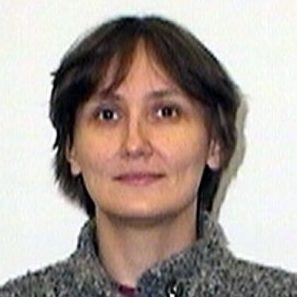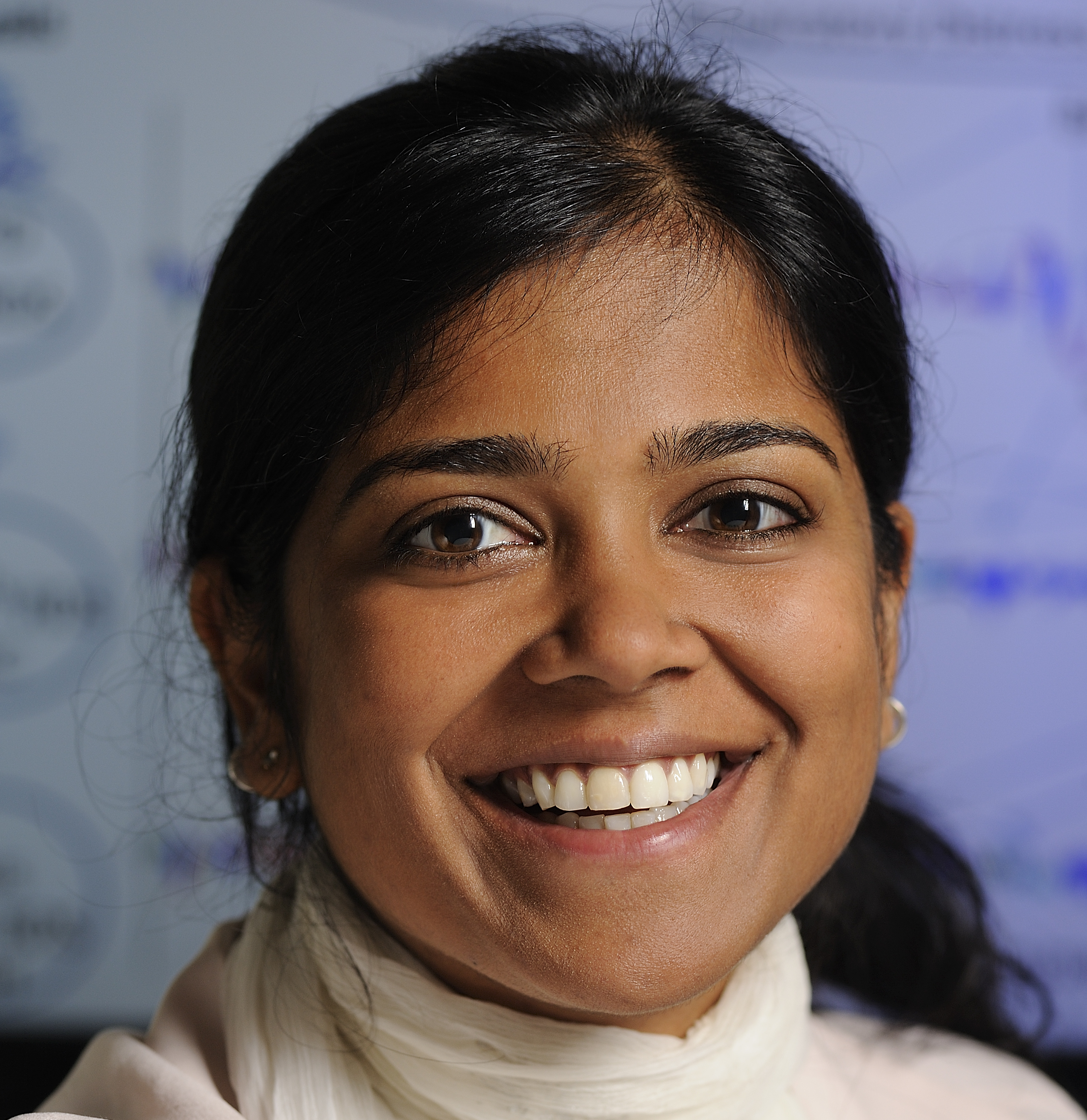Schedule
Long Beach Convention Center, Long Beach
8:45 am - 6:05 pm
June 14, 2019
Morning Session
| 8:45 - 9:00 | Opening Remarks |
| 9:00 - 9:45 | Invited Talk: Yulia Gel, Change Point Detection in Time Series through the Lens of Topological Data Analysis |
| 9:45 - 10:00 | Contributed Talk: Online Forecasting of Total-Variation-bounded Sequences (Dheeraj Baby and Yu-Xiang Wang) |
| 10:00 - 10:15 | Contributed Talk: Latent Ordinary Differential Equations for Irregularly-Sampled Time Series (Yulia Rubanova, Ricky T. Q. Chen and David Duvenaud) |
| 10:15 - 10:30 | Contributed Talk: BreizhCrops: A Satellite Time Series Dataset for Crop Type Identification (Marc Rußwurm, Sébastien Lefèvre and Marco Körner) |
| 10:30 - 11:00 | Morning Coffee Break |
| 11:00 - 11:45 | Invited Talk: Suchi Saria, Addressing Failures from Feedback Loops in Designing Decision Aids |
| 11:45 - 12:30 | Poster Session |
| 12:30 - 14:30 | Lunch |
Afternoon Session
| 14:30 - 14:45 | Contributed Talk: Neural time series models with GluonTS (Alexander Alexandrov et. al.) |
| 14:45 - 15:00 | Contributed Talk: Latent Spectrum Gaussian Processes (Jayson Salkey, Greg Benton, Wesley Maddox, Julio Albinati and Andrew Wilson) |
| 15:00 - 15:30 | Panel Discussion |
| 15:30 - 16:00 | Afternoon Coffee Break |
| 16:00 - 16:30 | Poster Session |
| 16:30 - 17:15 | Invited Talk: Yan Liu, Artificial Intelligence for Smart Transportation |
| 17:15 - 18:00 | Invited Talk: Edo Liberty, Streaming algorithms, Apache DataScketches, and new results on corsets |
| 18:00 - 18:05 | Awards and Closing Remarks |
Keynote Speakers
Change Point Detection in Time Series through the Lens of Topological Data Analysis
Addressing Failures from Feedback Loops in Designing Decision Aids
Artificial Intelligence for Smart Transportation
Streaming algorithms, Apache DataScketches, and new results on corsets
Accepted Papers
Call for Papers
We invite researchers to submit both theoretical and applied work on time series analysis, modeling, and algorithms, along with their applications. Papers submitted to the workshop should be up to four pages long excluding references and in ICML 2019 format. Supplementary material is permitted, although there is no guarantee that it will be reviewed. As the review process is not blind, authors can reveal their identity in their submissions. All inquiries may be sent to tswicml2019@gmail.com.
Submissions page: Times Series Workshop 2019.
Note on open dataset submissions: In order to promote new and innovative research in time series research, we plan to accept a small number of high quality time series dataset contributions. These submissions should be accompanied by a clear and detailed description of the dataset, some potential questions and applications that arise from it, as well as discussion on why the data cannot be sufficiently modeled using traditional batch learning techniques. Preliminary empirical investigations conveying any insight about the data will increase the quality of the submission.
Note on dual submission and publication policy: We accept dual submissions with other conferences, workshops, and/or journals. Accepted papers will be posted on the workshop website. However, there will not be any formal proceedings, so authors should feel free to submit their accepted work to other venues in the future (subject to the submission policy of those venues).
Key Dates
Paper Submission Deadline: May 3, 2019, 11:59 PM PST
Author Notification: May 20, 2019, 11:59 PM PST (changed from May 17, 2019, 11:59PM PST)
Travel Award Application Due: May 28, 2019, 11:59 PM PST
Travel Award Notification: June 6 (changed from June 4th), 2019, 11:59 PM PST
Final Version: June 13, 2019, 11:59 PM PST
Workshop: June 14, 2019









